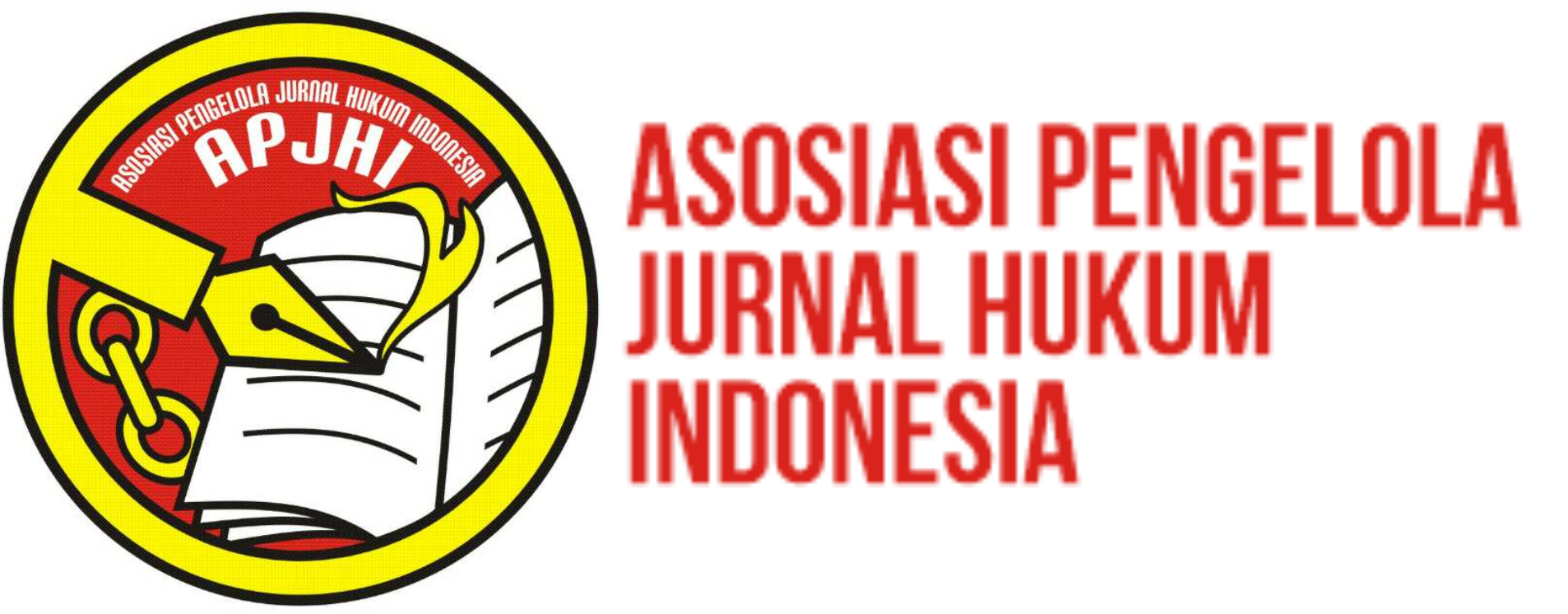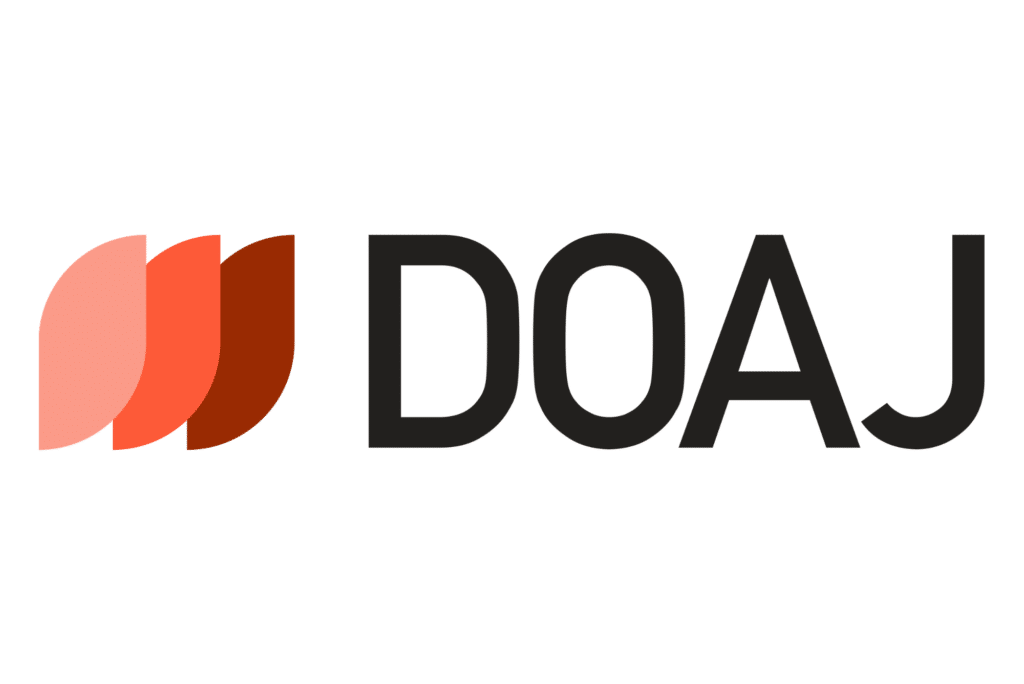Analisis Hukum Terhadap mekanisme sistem kerja outsourcing dalam hubungan kerja berdasarkan Undang-Undang Nomor 11 Tahun 2020 Tentang Cipta Kerja (Studi Kasus di BANK DBS CAB DIPONEGORO MEDAN)
Abstract
Perlindungan bagi buruh merupakan bentuk tanggung jawab negara dalam hal memberi kepastian ekonomi, sosial, dan hukum kepada seluruh tenaga kerja di Indonesia demi memanifestasikan kemakmuran bagi tenaga kerja yang ada di Indonesia. Pada regulasi tersebut dijelaskan bahwa setiap buruh diberi pekerjaan oleh yang namanya pemberi kerja, adapun pemberi kerja dalam regulasi tersebut ialah orang perseorangan, pengusaha, badan hukum, atau badan-badan lainnya yang memberi pekerjaan kepada setiap orang yang disebut buruh atau tenaga kerja untuk selanjutnya akan diberi imbalan berupah upah yang layak. Jenis riset pada riset ini ialah yuridis normatif yaitu suatu riset yang berbasis pada teori-teori atau peraturan hukum. Pemberi kerja dilarang mengupah karyawan di bawah upah minimum yang ditetapkan, hal ini sebenarnya juga telah ditegaskan melalui PP No. 36 Tahun 2021 tepatnya pada pasal 23 ayat 3 dikatakan bahwa “Pengusaha dilarang membayar upah lebih rendah dari upah minimum”. Jika kita kaitkan dengan Putusan No.52/Pdt/Sus-PHI/2021/PN.Mdn, yang di mana Achmad Fauzi Fadryan Dalimunthe yang dalam perkara ini sebagai penggugat mengajukan gugatan terhadap PT Royal Sejahtera. Adapun upah yang diterima Penggugat selama bekerja di perusahaan tergugat yaitu Rp 1,200,000 (Satu Juta Dua Ratus Ribu Rupiah) yang di mana pada saat itu tahun 2019 Upah Minimum Kota Medan yang ditetapkan yaitu di angka Rp 2,969,824 (Dua Juta Sembilan Ratus Enam Puluh Sembilan Ribu Delapan Ratus Dua Puluh Empat Rupiah).
Full Text:
XMLDOI: https://doi.org/10.29103/reusam.v11i2.14836
 Article Metrics
Article Metrics
 Abstract Views : 91 times
Abstract Views : 91 times
Refbacks
- There are currently no refbacks.
Copyright (c) 2024 Nathaneil Lie







